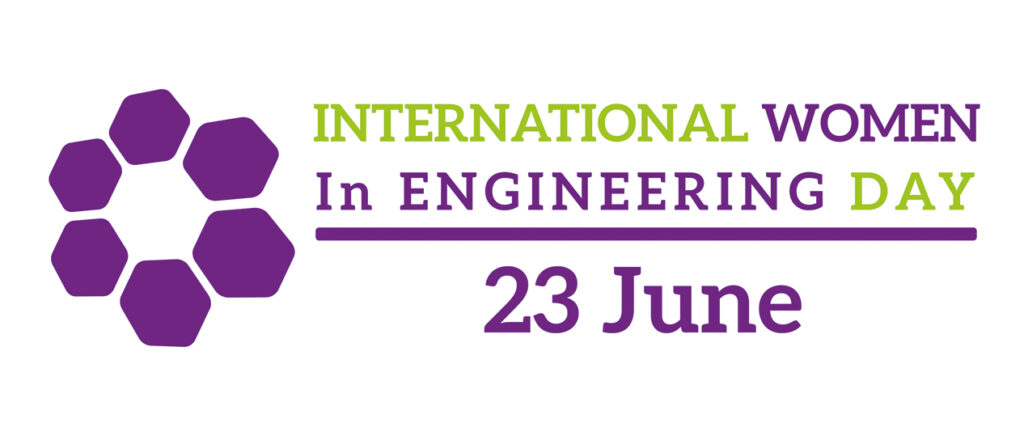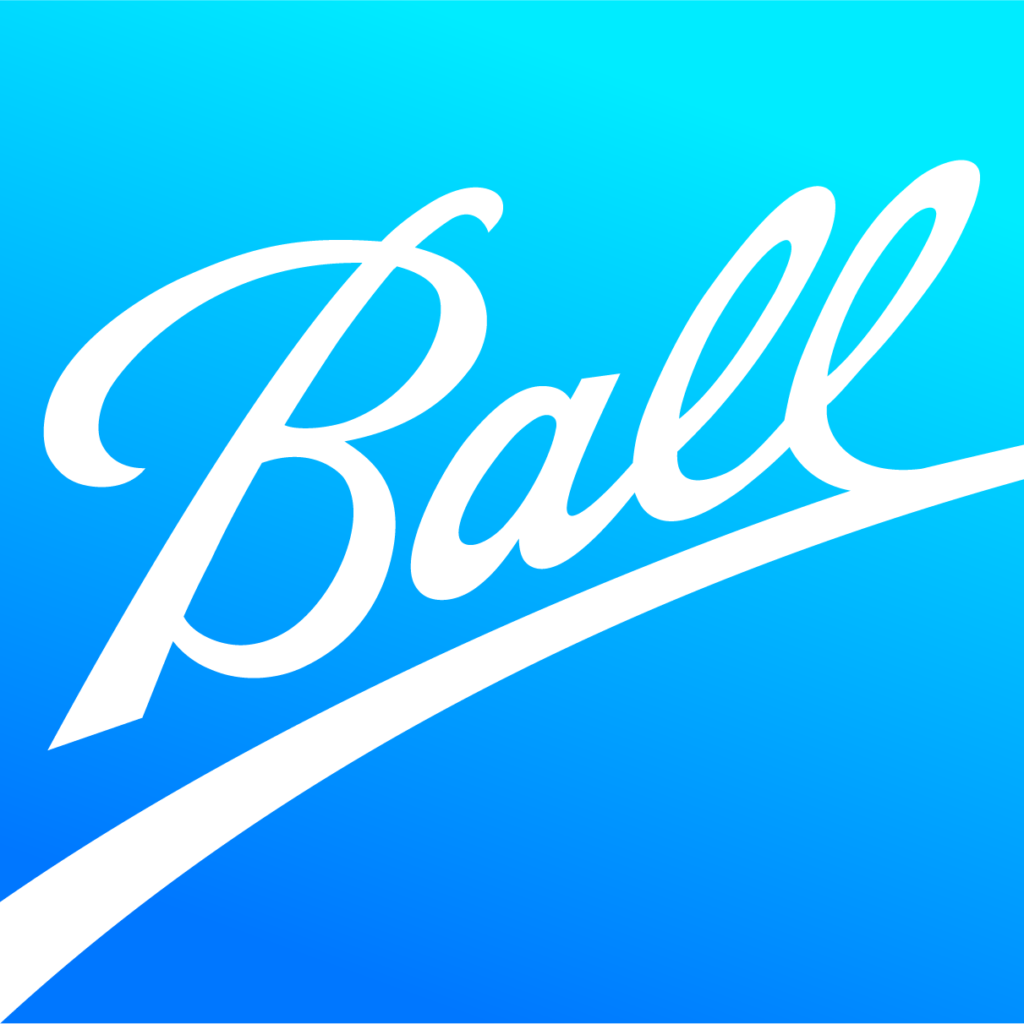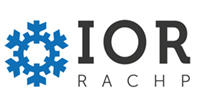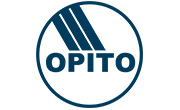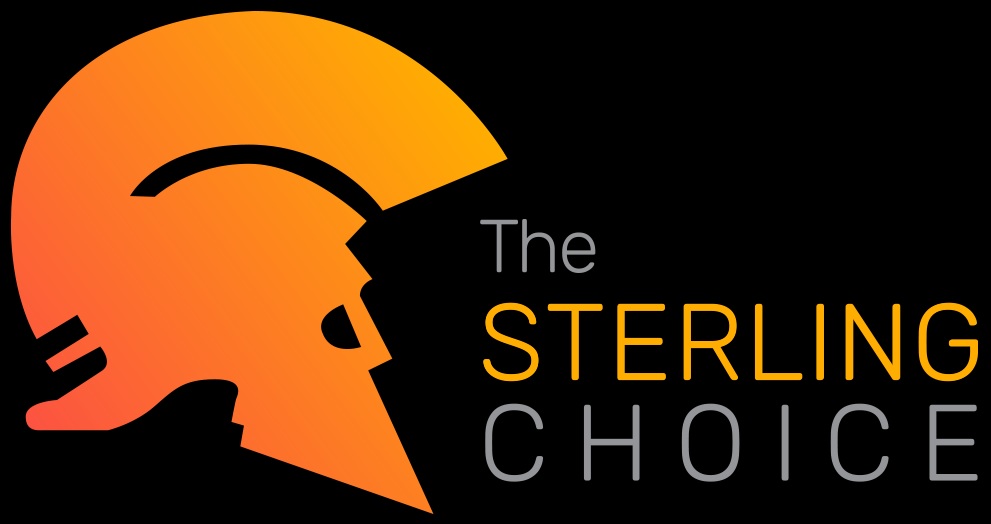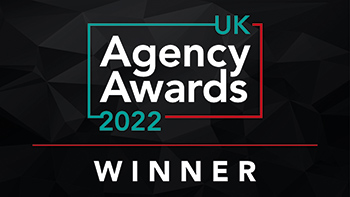Stories from 2023 - Make Safety Seen
#MakeSafetySeen: Unisex PPE is Unfit for Women
Personal protective equipment (PPE) ensures the safety and health of workers, and there are numerous regulations in place to ensure its proper use. Specifically, the Personal Protective Equipment at Work (Amendment) Regulations 2022 provide strict guidelines that employers must adhere to when it comes to PPE provision and maintenance.
Under these regulations, employers are legally required to provide PPE to their workers free of charge whenever it’s necessary to protect them from any potential hazards. They also dictate that employers are responsible for the maintenance of PPE, ensuring that it remains in good working condition and is replaced if needed.
The strides made by women in industries where PPE is in use is commendable. The construction, utilities, energy, and engineering sectors have all made concerted efforts to attract more women into a diverse range of roles. Despite this, the UK workforces currently comprise very few women, and this makes it even more important to cater to their needs.
Yet, they still struggle with the suitability of PPE and clothing while on site. In fact, a 2016 survey conducted by Prospect, the Women’s Engineering Society (WES), Women into Science and Engineering (WISE), the TUC and Institution of Mechanical Engineers Support Network found that just 29% of the women that responded wore PPE designed for their sex. Furthermore, 57% of women said it hampered their work.
Many employers make the mistake of thinking that all they need to do for women is to supply them with smaller PPE. But here’s the thing – women are not small men. Even ‘unisex’ labelled PPE is often designed with a European man’s physique in mind.
Poor Fitting PPE Poses a Risk
The traditional approach of providing male-designed and fitted garments to women not only exposes them to potential injury but also creates liability for businesses, as it is their legal obligation to provide suitable protective gear for all employees, regardless of gender.
Ill-fitting gloves can cause problems with gripping, slipping, or catching. Wearing the wrong shoes can significantly increase the risk of tripping while also causing foot deformities, backache, and other physical issues. Safety harnesses designed for men can rub against the skin or fail to accommodate the different sizes of thighs and hips in women. Jackets can be too long. Earplugs can present difficulties for those with narrower ear canals, who struggle to roll typical plugs small enough to fit.
Furthermore, high visibility clothing, a core part of many PPE attire, has traditionally been tailored for men, with zips placed opposite to those in women’s clothing.
As more and more women enter traditionally male-dominated industries, businesses need to adapt and provide appropriate protection. This isn’t just about avoiding the risk of gender discrimination; women have the right to work in garments that maximise their safety and wellbeing. A “one size fits all” approach simply isn’t good enough.
Employers Have a Responsibility to Women
It’s no secret that many industries have been struggling with job segregation for far too long, leading to a lack of diversity and representation in various sectors such as construction and engineering. However, progress has been made in recent years, with women starting to become more visible in these industries.
Unfortunately, this progress is threatened unless women are provided with access to safe and comfortable PPE. It’s an issue of equality that can’t be overlooked.
Employers have a responsibility to ensure that their suppliers have assessed the appropriateness of their equipment for each sex. They should also offer the same range of sizes for both men and women.
Employees should be able to try on several sizes or types of PPE before it’s issued to make sure the best fit is found.
Not only that, but in addition to providing the necessary PPE, employers need to have processes in place for receiving feedback on the suitability of the equipment.
Summary
- Personal protective equipment (PPE) ensures the safety and health of workers, and there are regulations in place to ensure its proper use
- Strides have been made by women in industries where PPE is in use, but this progress is threatened
- PPE has been traditionally tailored to men regardless of unisex labelling
- Women have the right to work in garments that maximise their safety and wellbeing

Heriot-Watt Graduate Apprenticeships
Fatima Asif case study
Heriot-Watt is a specialist, pioneering University, with a global presence, world renowned, innovative research and highly employable graduates.
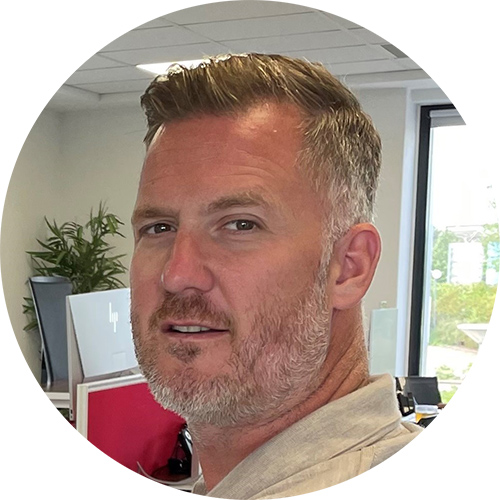
Empowering Engineering: Celebrating Women’s Achievements and Breaking Barriers
As International Women in Engineering Day (INWED) approaches, it’s the perfect time to shine a spotlight on the incredible contributions of women in the engineering field. As a recruitment agency that has witnessed the industry’s transformation, we are thrilled to highlight the progress society has made while advocating for further changes in the industry.
By Gareth Whyatt, Co-founder of The Sterling Choice.

Emma Grindley - West Midlands Team Leader
Coming from a mainly female background as a travel agent I didn’t know what to expect as an engineer. I was a little nervous at first as my husband is also a fire alarm engineer and I had heard some stories from his experiences over the years however, once in the role it became apparent that I had nothing to worry about. Customers were very welcoming when I attended sites and were excited to see a female doing an engineering role in a predominantly male dominated environment. I feel that it is important that companies are diverse and inclusive because male or female, it makes no difference. Your skills, motivation and ability to work as part of a team are all that matter.
As a woman in engineering, it is very rewarding to see yourself playing an important role in the work place and also in society. To know I could be inspiring young women, the future generation of female engineers and also my daughter to believe in themselves and to believe that they too can be anything they want to be is fulfilling. There has definitely been some challenges, being in a profession relatively dominated by males is not always easy but with mutual respect and hard work we are all contributing to a brighter future of women in engineering.
Joining Clymac has helped me prove that I can be and do whatever it is I set my mind to. With the right training and dedication we can all be great engineers.
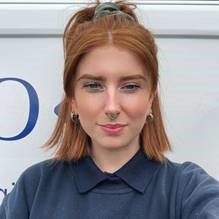
Rebekah Moore - East Midlands PPM Engineer
At first, coming into the industry I was apprehensive with what it would be like being on site in a male dominated industry. Being in a role of an engineer I would now say there is nothing to worry about. Nobody treats anyone different, if anything the men are more willing to help compared to other industry’s I have worked in. They don’t look at women in any other way then they would a male.
I believe it is more important to focus on becoming more inclusive and diverse as there is a stigma of ‘its a job for a male to do.’ We need to be more open and speak positively and highly as to what the job is and what it entails. There is no reason as to why women should be apprehensive about coming into the engineering industry or even think twice about applying to a job role because of what others may say.
I couldn’t ask for a better company to bring me in from fresh and train me up. I enjoy the training programme of working with different individuals with different skill sets to further the training and different ways of working. The structure of team leaders for each region really helps and the communication is key.
The future is looking positive for myself as an engineer with Clymac. Clymac are all about progression and I believe this isn’t something they would hold back on giving to individuals. I am looking to work my way up the ranks with Clymac as again, the training is great.
If I was to pass on some words to the younger generation, I would say: Don’t let modern day society dictate which role / path you go down regarding careers. Don’t let anyone say ‘you can’t do that’ or even worse ‘women don’t do that’. If the subject of work interests you then go for it. You will never know until you try and it could be a career changing move for the best.
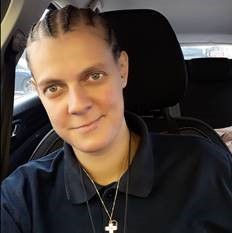
Eleni Kanelaki - South West On-Demand Engineer
In today’s rapidly evolving world, the entry into the engineering industry can be both exciting and challenging for individuals. Women, in particular, may have experienced a mix of emotions when entering the industry, ranging from enthusiasm and determination to apprehension due to historically male-dominated environments. However, with increasing awareness and efforts towards promoting diversity and inclusivity, the industry is gradually becoming more welcoming to women engineers, providing them with opportunities to showcase their skills and contribute to innovative solutions.
It is crucial for the engineering industry to prioritize inclusivity and diversity for several reasons. First and foremost, a diverse workforce fosters a variety of perspectives, ideas, and approaches, leading to more comprehensive and innovative solutions to complex problems. By embracing diversity, companies and organizations can tap into a broader talent pool, ensuring they have access to a wide range of skills and expertise. Moreover, fostering an inclusive environment helps create a sense of belonging and empowerment, encouraging women and other underrepresented groups to pursue careers in engineering and contribute to shaping the future.
At Clymac, a leading engineering company, individuals enjoy the dynamic and collaborative nature of their roles. Clymac values diversity and inclusion, providing a supportive and inclusive environment where employees can thrive, learn from each other, and reach their full potential.
The future of the engineering industry looks promising, with increasing recognition of the importance of diversity and the inclusion of underrepresented groups. Companies are actively working towards creating more equitable workplaces and providing equal opportunities for all. The future will witness advancements in technology, sustainable practices, and digital transformation, opening up new avenues for innovation and growth. It is a future where diversity and collaboration will be key drivers in tackling global challenges and shaping a better world through engineering.

Ellie Hall - East Midlands Service Engineer
Coming into the industry as a female engineer was very daunting however when meeting other engineers within the Industry (men and women) you realise how welcoming and helpful people are no matter your gender. On the subject on gender, it is very important that we are inclusive and diverse as without being given the chance of being a female engineer, I wouldn’t be where I am today and I absolutely love my job!
Being a service engineer at Clymac, I enjoy visiting new places and getting to see other engineers from Clymac and learning new skills from them to expand my knowledge. I also enjoy taking newly employed trainees out to jobs with me so I can teach them the skills I have learned while being at clymac.
In the future as a female engineer, I would like to work my way up the ladder to as far as I can possibly get.
For females that are thinking about joining this industry I would say “go for it” don’t worry about what people think of you as you can be whatever you want to be.

Chloe Philip - North East PPM Engineer
When I began working for Clymac, I felt very welcomed and involved within the engineering industry. This is something I have liked within Clymac, as well as going out on site. Customers do make you feel comfortable going on site as a a female and say ‘it is nice to see a female engineer’. Within the engineering industry there isn’t many women Involved due to the nature but I think it’s very important to have diversity spoke about more to show that this isn’t just a ‘man’s job’. I think the more it is spoke about and seen within this type of industry it will not be looked at as a ‘man’s job’.
I like that when I began working for Clymac, they mentioned they do try to make it as diverse as possible which I noticed when I started working for them. Clymac doesn’t treat you different because you are a women and they don’t give off the vibe of ‘its a man job’. Not once have I been made to feel uncomfortable regarding not been in the right job.

Helen Matthews - South East On-Demand Engineer
Coming from a mainly female dominated role in teaching, I wasn’t sure what to expect as an engineer. Nothing prepares you for the amount of support you get from our customers, so excited to see you in a largely male dominated role. The women who seem inspired that you can be so passionate and excited about your job, can help us change the outlook of so many more.
Joining Clymac has helped me prove to myself that I can be whoever I want to be and that with the right training and dedication, we can all be great engineers. Every engineer is supported at Clymac and it never surprises me that they all get the opportunity to succeed.
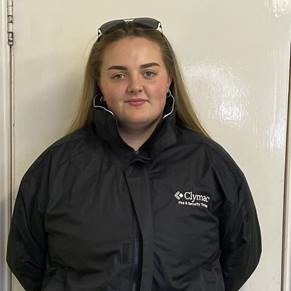
Mae Hawkins - South West Service Engineer
Coming into the fire industry as a woman, seemed daunting. However, after joining in the peak of Covid 19; coming up nearly 3 years, it has proven that challenges are a healthy way to better yourself. I feel no matter what “trade” you go into, it will always be a male dominant job role… but at the end of the day, if you’re willing to learn then you’ll be just fine.
I strongly believe that women can do any job and should be treated equally; us women provide the exact same services job wise as men once experienced enough to understand what the job entails.
If women like me prefer to be more hands on in their job role and want to experience a different type of job as a whole, I think the fire industry has a lot to offer. It does take time as all roles do, but with time and effort you can progress with the right support.
The best parts about this job for me is getting to experience new places; travelling and driving was a selling point for me. Although you work by yourself a lot, it makes it that much better when you get to work with other engineers. The engineers are always a phone call away, meaning the support you may need is always there, when and if needed.
The future seems bright, it is a trade that is in high demand of engineers – making it a lifelong career opportunity.
For me, if I was to challenge myself in a different job role outside of this trade industry in the future, I know that I will be able to get back into this line of work because of the experience I have gained with Clymac Ltd.
Clymac, has provided a stable environment for me to lean and earn all at the same time.
